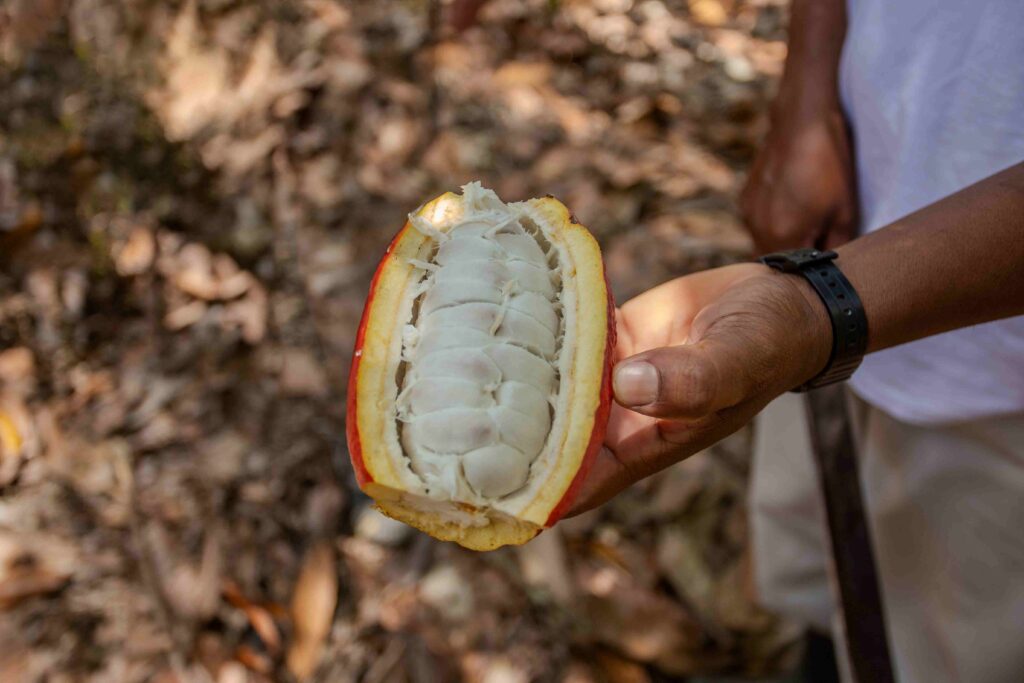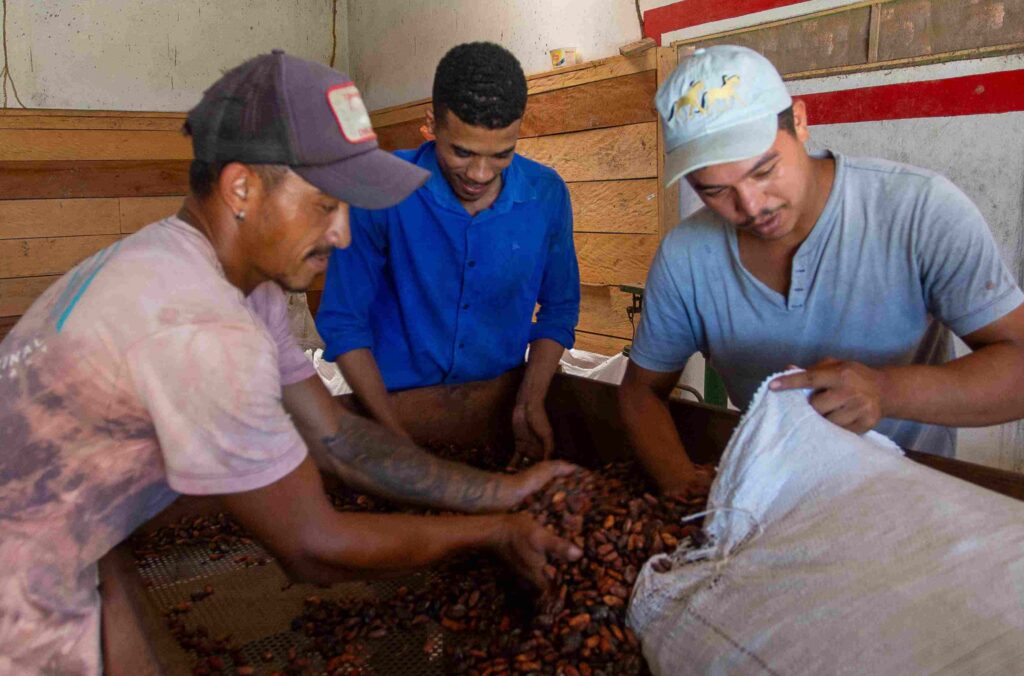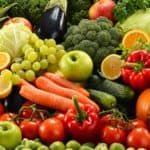FoodChain ID and ReSeed announce the successful verification of farm-level carbon action quantification, demonstrating measurement of practices that support sustainable farming and forest conservation. With the goal to support a healthy planet, the partnership leverages each company’s unique, world-class expertise to incentivize, measure and verify the progress of carbon sequestration and storage through regenerative agriculture practices under a carbon credit verification standard.
Why Food and Beverage Brands Should Care about Carbon Credit Measurement
Sustainability claims are supportive of business objectives. According to data from NielsenIQ/McKinsey over a five-year period, products with ESG-related claims grew faster (28 percent growth) compared to products without such claims (20 percent growth). Brands also need independent measurement of sustainability claims to maintain consumer and regulatory trust. Recent US federal guidance on voluntary carbon market exchanges noted, “Voluntary Carbon Marketings must consistently deliver high-integrity carbon credits that represent real, additional, lasting, unique, and independently verified emissions reductions or removals.”

Carbon Credit Benefits to Amazon Farmers
The FoodChain ID verification announcement follows the partnerships’ 2023 commitment to support a healthy planet through regenerative agriculture practices. ReSeed’s local partners collected and processed data for carbon credit measurement using the ReSeed Digital Climate Impact Platform to allow monetization and incentivization for farmers deploying sustainable practices in the field. FoodChain ID served as the verifier, with independent technical experts performing audits. The verification announcement confirms the industry-leading sustainable practices of Afro-Brazilian farming families in a vulnerable Amazon forest community. These traditional farmers, in collaboration with supply chain partners, are implementing agricultural practices to protect the forest and contribute to supply chain decarbonization. By receiving payment for verifiable carbon conservation and sequestration, the farmers can continue sustainable agricultural practices. The project will eventually cover over 12,000 farms.
Key Facts on the Project: Supporting Farmers and the Planet
- 80% of the gross carbon credit value is sent directly to farmers as increased income and farmer support services.
- The project has the potential to reduce over 2 million metric tons of CO2 emissions

An open cocoa pod revealing the white pulp-covered cocoa beans inside.










